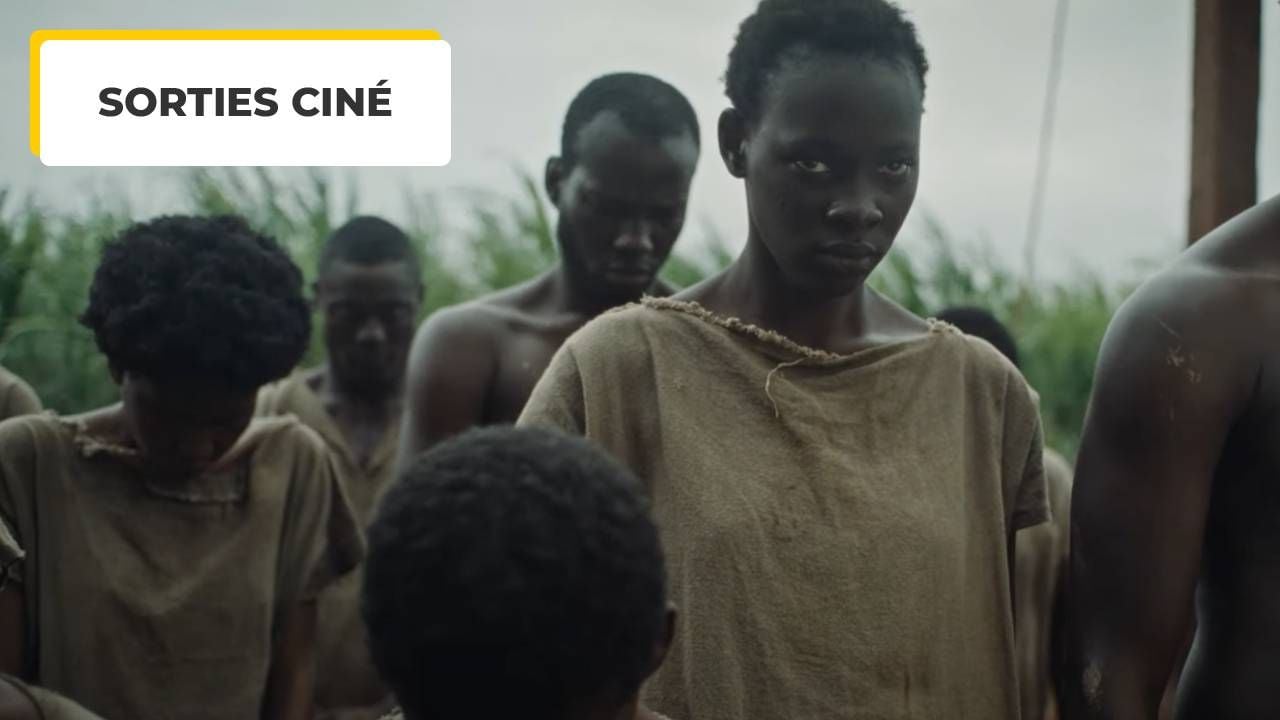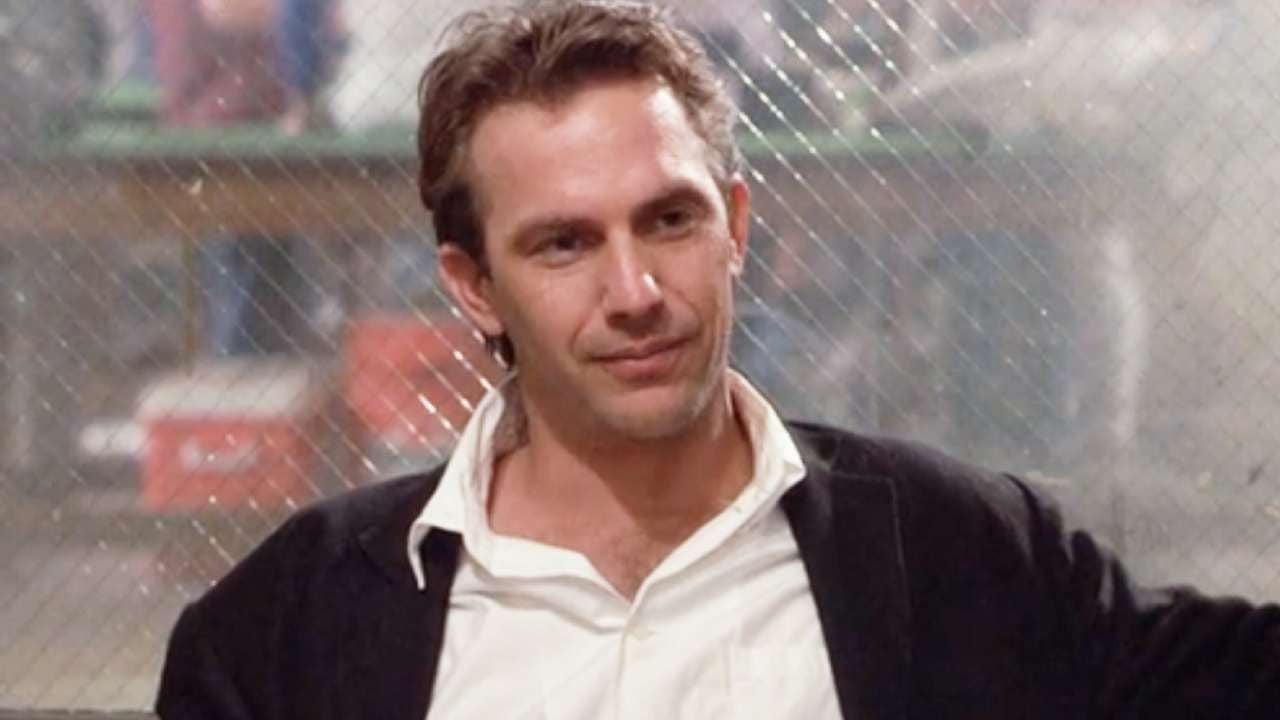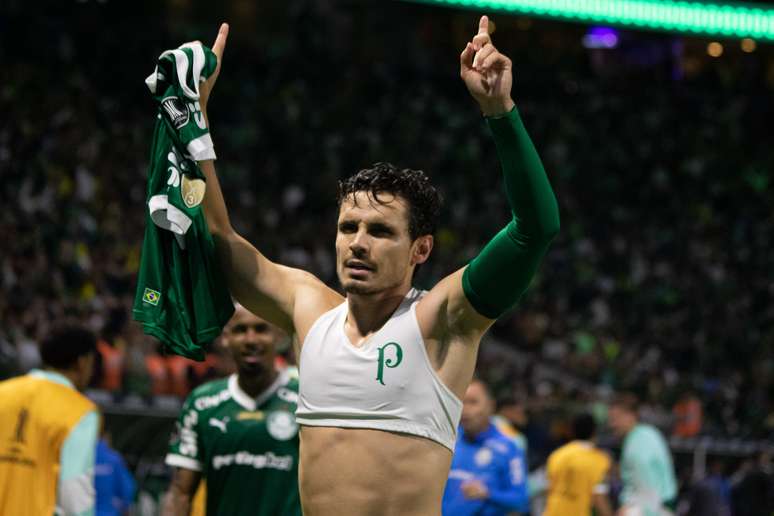Co-author of Black Box or Goliath, Simon Mutairu did not take the easy way out when he signed his first work. With No Chains and No Masters, the genre film buff, who cites Spike Lee and Denzel Washington as models, offers a survival film set during slavery in France.
From the subject itself, which is rare in French cinema, to production issues, including climatic hazards on set, he goes back with us to the obstacles he overcame to bring this feature film to us in theaters on September 18th.
Slavery in French cinema: a taboo subject?
Like the Algerian War once did, does French cinema have a problem with the darkest aspects of its history? Including slavery, very little is discussed on the big screen “Yes!”Simon Mutairou answers without hesitation. “If someone had asked me before making this film, I would have said it was probably difficult.”
“But now I can say that yes, even if it’s not a conscious taboo, in French cinema we don’t necessarily have the reflex to address our founding myths, and I think that’s a shame because we don’t gain anything by leaving things under the rug.”
I love cinema, I think it has an important political role
“I remember a tweet during the 2024 Paris Games where you had the French judo team: Teddy RinerClarice Agbegnenu… black man, black woman, all French. Then this comment from a guy who said, “How do I tell my daughter that the French judo team are the Olympic champions in this photo?” And this answer was widely spread: “Explain to him colonization and the slave trade.”
“National education, politics and cinema have a role to play in the face of this collective ignorance, this pedagogy, to tell this page of history to repair and not pit us against each other.”
“Today, there is no need to repent, there is no victim, and there is no executioner. But we all must have the courage together, regardless of our age or color, to look at our past and take responsibility for it, especially the younger ones. The generation in the family, in the nation, must tell the truth to the children, otherwise it is dysfunctional.
Show violence on screen
This can be seen in the films he has written, and his first work proves it: Simon Mutairo is a lover of the genre. He is one of those directors who does not sacrifice form for substance and knows that one can enhance the other. Although he told us he felt closer to 12 Years a Slave than the more pop Django Unchained, the question of the representation of violence inevitably comes up between aestheticization and complacency.
Especially since neither Chains nor Masters includes an impressive sequence of whipping punishment. “technical failure”tells us when we ask how he found the right distance and balance between what he could and couldn’t show. “It was one of the biggest challenges I was most prepared for, thanks to a technical breakdown, we hadn’t heard of the Black Code, the forced labor, the punishments, the operation of the plantation in a French film. It’s been a long time, that’s why he had to show it.”
“At the same time, I have to show enough not to cut it. It is a film on this level. Harriet I felt a little uneasy: because the violence is toned down, something is wrong. If you are making a film on this topic, you should show it at least. Otherwise, it is a form of irresponsibility.”
“But on the other hand, thanks to this desire to witness what the era was like, we can quickly sink into a form of shock without even realizing it. The movie you saw represents my truth. But I was struggling to navigate between. Two sisters, be forward, but don’t be complacent.”
exposed to the elements
“I was expecting Voltaire’s Candide, based on the type of story. A very slow philosophical tale, and it really is. The Revenant,” Simon Mutairo told us, recalling stories about Maroonage (“those who break the chains, those who escape from the plantations, those who resist) that he discovered and which had a great influence on the genesis of his first production. which shares Alejandro González Iñárritu’s Oscar-winning film form of survival and filming mostly outdoors.
Which was not without problems. “Absolute chaos! We shot in May-June 2023 and the Mauritians told us that the weather was good at that time, that they get married at this time of year, that it’s global warming… but it has to be. I have to say that winter has come to Mauritius because the global Warming even moved the underwater routes, we were in it. lost what!”
I tell myself that it must have been hard because he brought us together
“We had storms, cyclones, floods, the jeep overturned, the crane got stuck, my actors got sprained… But this is a Maronage road movie that we shot now, somewhere that must have been difficult because I’m very proud of what my team has achieved.
Difficulties behind the camera that match the obstacles that the main characters have to overcome on screen. And make neither chains nor wizards more important.
Commentary collected by Maximilien Pierret in Paris on September 10, 2024
Source: Allocine
Rose James is a Gossipify movie and series reviewer known for her in-depth analysis and unique perspective on the latest releases. With a background in film studies, she provides engaging and informative reviews, and keeps readers up to date with industry trends and emerging talents.



![Tomorrow Belongs to Us: What’s in store for Friday 31 October 2025 Episode 2065 [SPOILERS] Tomorrow Belongs to Us: What’s in store for Friday 31 October 2025 Episode 2065 [SPOILERS]](https://fr.web.img4.acsta.net/img/27/7e/277e1f041c48016486ab18771f578de1.jpg)

